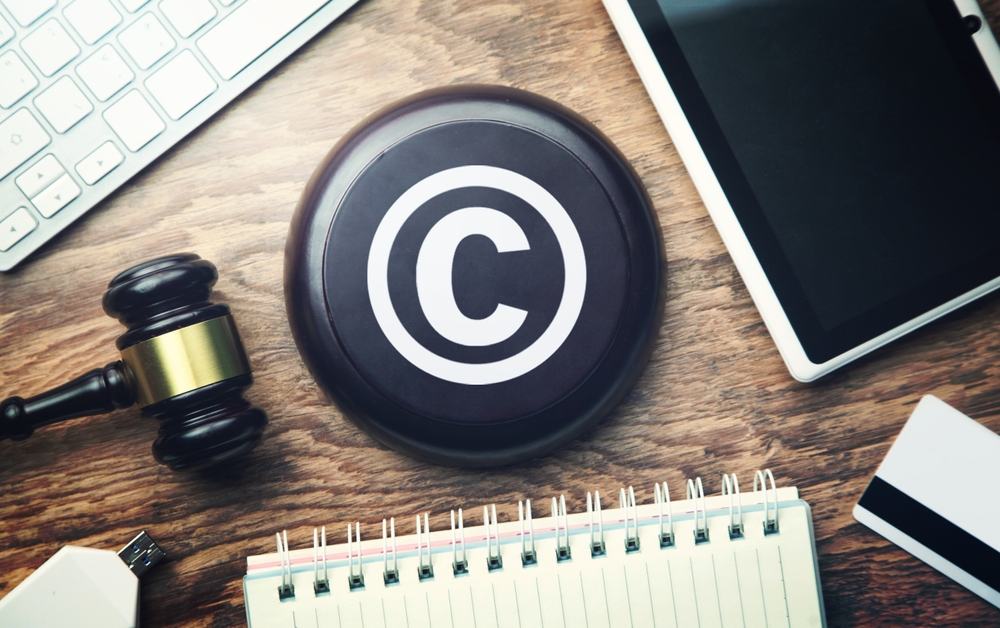[vc_row][vc_column width=”5/6″][vc_column_text]A recent opinion issued by the United States Tax Court, James J. Isaacs v. Commissioner, TC Memo 2015-121, reminds both donors and charities to pay attention to the Internal Revenue Code and regulatory requirements for donors to enjoy a charitable deduction for donations over $250 in value.
In this case, Dr. James Isaacs, a veterinarian, donated four fossil trilobites to the California Academy of Sciences in 2006, and he donated eight fossil trilobites in 2007. The IRS denied his charitable deductions for those donations on audit, and the Tax Court upheld the denial. The IRS also imposed penalties for understatement of tax, and those penalties were upheld. The Tax Court’s discussion of the requirements to enjoy a deduction for charitable contributions over $250 is helpful.
For any contribution (whether in cash or other donated property) of $250 or more, the donor has to obtain a contemporaneous written acknowledgment from the charity. The acknowledgment must (1) be provided to the donor prior to the filing of the donor’s income tax return for the year of the contribution, (2) include a description of any property other than cash contributed, (3) state whether the charity provided any goods or services to the donor in exchange for the gift, and (4) include a description and a good-faith estimate of the value of the goods and services (if any) provided to the donor.
Dr. Issacs’s deduction was denied for several technical reasons which are discussed below, but the court stated that, even without those technical failings, it still would have denied the entire deduction because the California Academy’s acknowledgment did not state whether it provided any goods or services in exchange for the gift. This is a requirement that the IRS could use not only to deny charitable deductions for exotic donations like donations of fossils, but it could also be used to deny an ordinary donation of cash for $250 or more. We urge charities to ensure that this language, stating whether goods or services were provided in exchange for a charitable gift, is included in all gift acknowledgment letters and we advise donors to check all gift acknowledgment letters to ensure this language is included.
Moreover, Dr. Isaacs failed to satisfy the technical requirements to enjoy a charitable deduction for a non-cash donation. Namely, he failed to meet the requirement imposed on non-cash contributions over $500 to maintain written records of when or how the fossils were acquired, their cost basis, or the method for determining the fair market value of the fossils. He also failed to meet the requirement for a qualified appraisal on any non-cash donation of $5,000 or more. These facts highlight the strict requirements imposed when donors wish to take a charitable deduction for non-cash donations over $500 and remind donors that they must understand these requirements if considering a significant non-cash donation to charity.[/vc_column_text][/vc_column][vc_column width=”1/6″][/vc_column][/vc_row]




